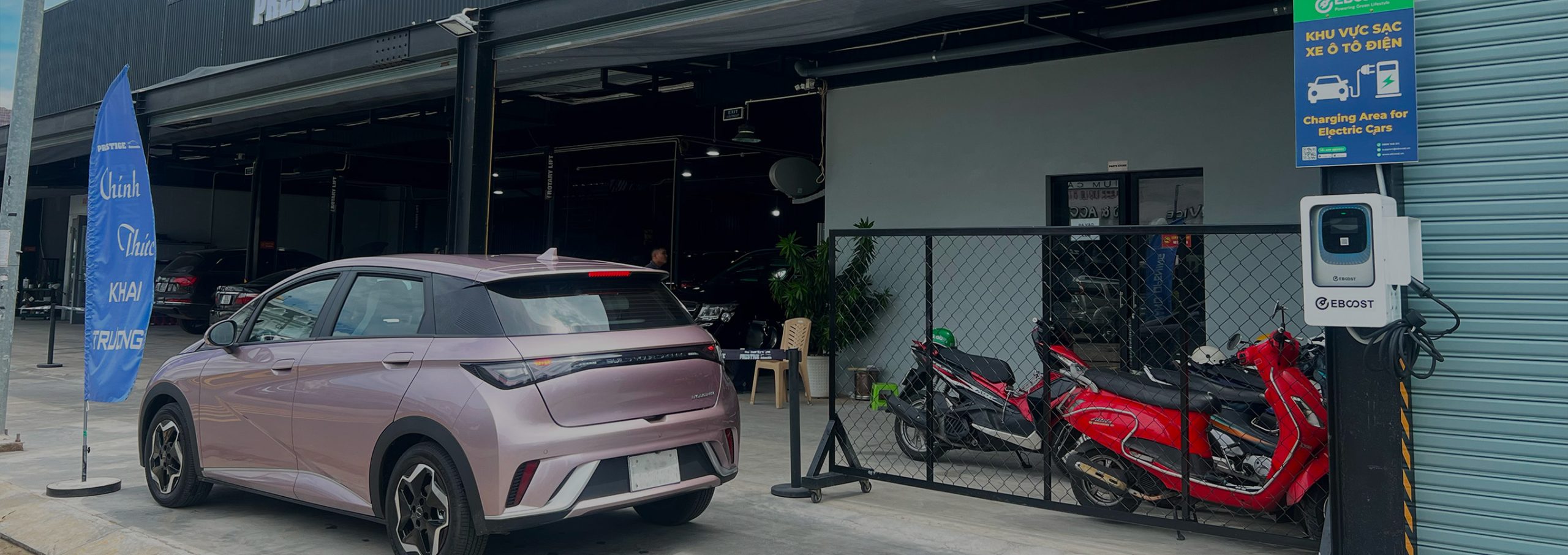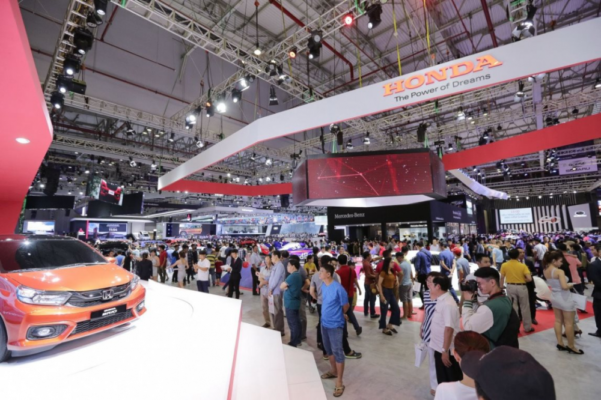With increasing popularity, electric vehicles are gradually becoming the transportation trend of the future – cleaner, more economical and more environmentally friendly. However, there are still some misunderstandings surrounding electric vehicles that have not been clarified, making many people still hesitant to switch from gasoline vehicles to electric vehicles.
In this article, EBOOST will help you “untangle” the most common misunderstandings about electric vehicles – from the convenience of electric vehicles, safety, water resistance to vehicle performance. Thereby helping you have a more correct and comprehensive view of electric vehicles, so that choosing and using electric vehicles becomes easier and more secure.

- Are electric vehicles really convenient?
Many people still think that electric vehicles are inconvenient because they take a long time to charge and it is difficult to find a charging station. However, the reality is completely different.
Currently, the charging station system is expanding rapidly, especially in office buildings, shopping centers and residential areas. EBOOST alone has more than 2,000 charging points nationwide, allowing users to easily find the nearest charging station with just a few steps on the application.
Regarding charging time, it is true that electric vehicles take longer than “filling up”, but users do not need to wait like when refueling. You can flexibly charge your vehicle while working, shopping or resting – saving time and convenient for modern life.


2. Are electric vehicles safe?
One of the most common concerns is the risk of fire or explosion. In fact, modern electric vehicle batteries are equipped with multiple layers of protection and safety sensors, helping to prevent risks in the event of an accident.
The battery system and electrical circuit of the electric vehicle are all sealed, waterproof and shockproof, and have the ability to automatically shut off the power when detecting signs of abnormality. Therefore, electric vehicles are completely safe for users when properly charged and maintained.
3. Are electric vehicles weaker than gasoline vehicles?
Another common misconception is that “electric vehicles are weaker and slower than gasoline vehicles”. But in reality, the opposite is true.
Electric vehicles use electric motors, which are capable of generating torque almost instantly as soon as you turn the throttle, instead of having to go through many transmission stages like gasoline vehicles. This helps electric vehicles accelerate faster, smoother and respond more flexibly, especially when moving in urban areas.
Not only that, because there is no need to manually shift gears, electric vehicles provide a smooth and continuous driving experience, without the “jerk” when shifting gears like internal combustion engines. In addition, electric vehicles operate almost silently, helping drivers feel more comfortable and reducing noise pollution in the city. When combined with a regenerative braking system, electric vehicles also help save battery and increase overall performance.
In other words, electric vehicles are not weaker, but on the contrary – they offer a more modern, powerful and environmentally friendly driving experience.
4. Are electric vehicles waterproof and can they be used in the rain?
The question “Can electric vehicles be used in the rain?” is a concern of many people when they first start to be interested in electric vehicles.
The answer is that you can be completely assured. Current electric vehicle models are all designed to meet waterproof standards, with batteries and motors covered with waterproof materials. Electric vehicles can move in the rain, wash the vehicle or even wade through shallow water for a short time without any problems.

Through the above analysis, it can be seen that concerns surrounding electric vehicles largely stem from misunderstandings or inaccurate information. In fact, electric vehicles are not only safe, convenient and powerful, but also a smart and sustainable choice for a green transportation future.
With the rapid development of charging station infrastructure and increasingly advanced battery technology, owning and using electric vehicles has now become easier, more economical and more friendly than ever.
EBOOST believes that, in the journey towards a green and modern Vietnam, electric vehicles will not only be a trend – but will soon become the transportation standard of the future.



